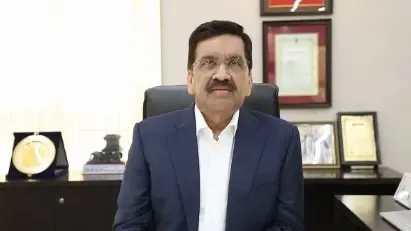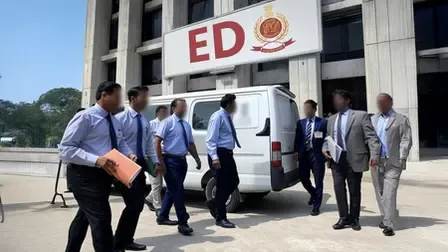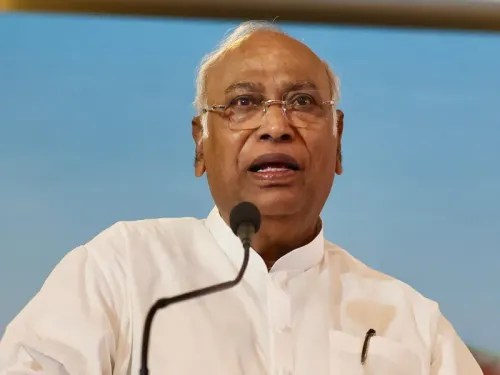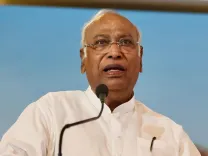Bengal Entrepreneurs Praise Union Budget for 2025-26

Synopsis
Key Takeaways
- Balanced Budget proposals aimed at growth and inclusivity.
- Focus on digital integration and sustainability.
- Support for MSMEs and rural development.
- Investment in infrastructure and clean energy.
- Encouragement for public-private partnerships in manufacturing.
Kolkata, Feb 1 (NationPress) The Union Budget proposals for the financial year 2025-26 may not have fully pleased the ruling Trinamool Congress in West Bengal; however, they have garnered praise from the state's industrial and business community.
As per Suvendra Kumar Behera, the eastern regional chairman of the Confederation of Indian Industry (CII), the Budget proposals are commendably balanced, aiming to foster growth, ensure inclusive development, stimulate private sector investments, boost household confidence, and elevate the spending capacity of India's emerging middle class.
Behera, who also serves as the Vice-Chairman and Managing Director of RSB Transmissions (I) Ltd., remarked, "The Indian government's persistent attention towards the eastern region is highly motivating, and sectors such as agriculture, aviation, and tourism are poised for further enhancement due to the Budget announcements."
Shashwat Goenka, the eastern regional deputy chairman and vice-chairman of RP – Sanjiv Goenka Group, highlighted that the Union government's emphasis on simplified export credit, cross-border support, and assistance for MSMEs is a pivotal move towards bolstering India's position in global trade.
According to Vivek Lohia, the Managing Director of Jupiter Wagons Limited, the government's increased focus on digital integration, sustainability, and seamless mobility will empower public-private partnerships (PPPs) to create high-value employment opportunities and drive economic expansion.
"India's competitive edge on the global stage will be significantly improved by the emphasis on long-term financing and structural reforms," Lohia added.
Arnab Basu, President of the Bengal Chamber of Commerce and Industry, characterized the Budget proposals as exceptionally balanced, addressing middle-class aspirations while also focusing on credit and skills development for rural areas and MSMEs, alongside investments in shipbuilding, deep technology, infrastructure, and clean energy.
Basu stated, "With consumption, investment, inclusive growth, and household income at its core, the Union Finance Minister has presented a responsible and aspirational Budget, maintaining a fiscal deficit of 4.8 percent with a target of 4.4 percent."
Brij Bhushan Agarwal, Vice Chairman of Shyam Metalics, noted that the National Manufacturing Mission with an emphasis on PPPs will not just attract investments and heighten the demand for steel—an essential element in infrastructure development—but will also boost industrial activity in the eastern region.
"The steel sector must evolve towards safer and advanced production techniques. Enhanced infrastructure will directly enable the steel industry to ramp up production. These transformations will not only bolster India’s economy but also increase its competitiveness on the international front," he added.









